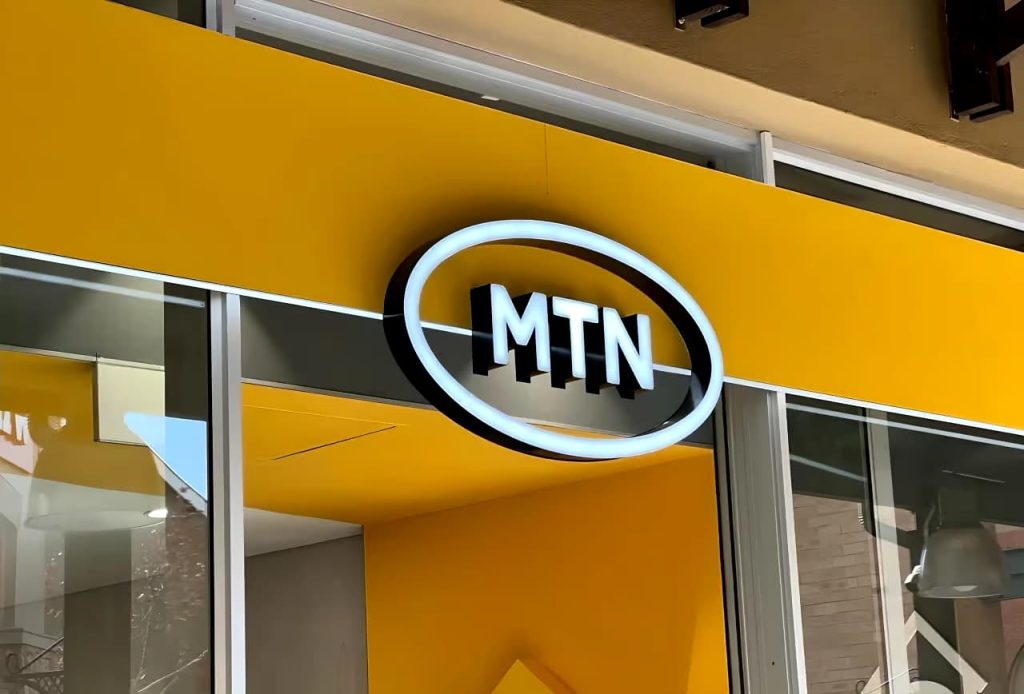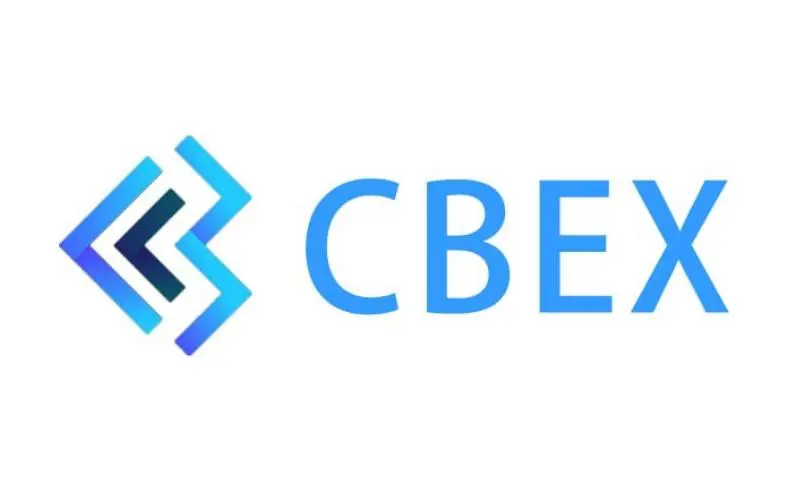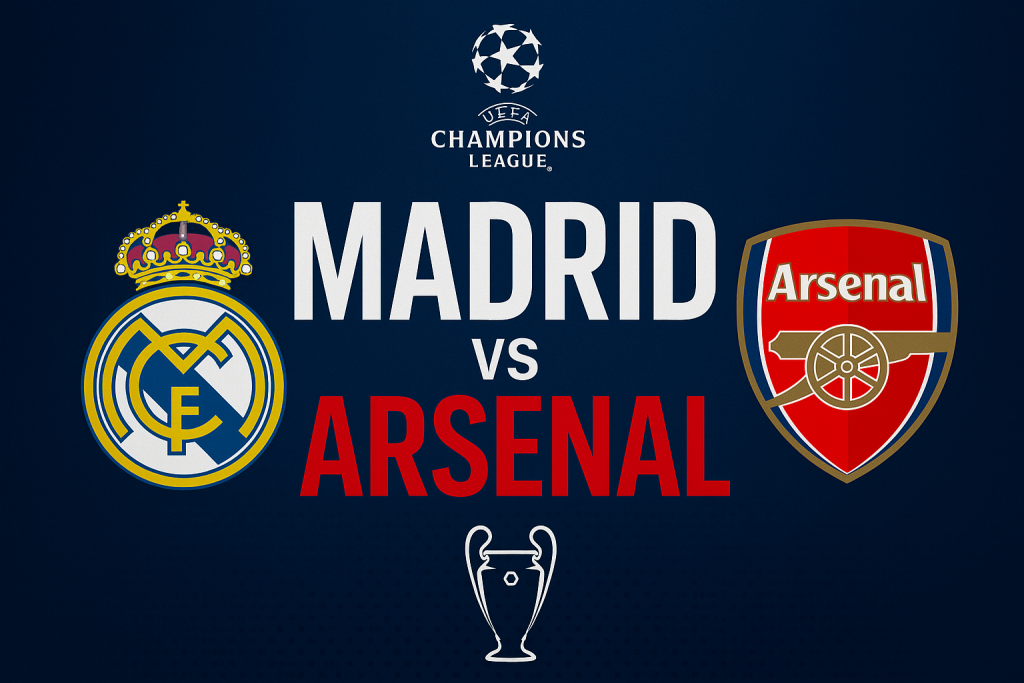Despite rising costs, MTN Nigeria remains the country’s top telecom provider. Discover why Nigerians still stick with MTN and how the brand has remained dominant.

In Nigeria, where the cost of living keeps climbing and competition in telecom is intense, one company continues to stand tall: MTN Nigeria. Even with rising prices for data, calls, and SMS, and a growing discontent from the general public, the South African-born giant remains the undisputed market leader.
How?
Let’s tell the story.
From Welcome Tunes to Market King
For many Nigerians, the first ringtone they ever heard was MTN’s.
Launched in 2001, MTN would prove to be more than a new telecom provider, leading the front of a technological revolution in the country. At a time when SIM cards were sold in select banks for as high as ₦30,000, MTN introduced GSM technology to the masses. It made mobile communication feel almost magical. Suddenly, Nigerians could reach family in the village or friends in London without visiting a NITEL center.
From its yellow billboards to its catchy jingles, MTN sold network coverage and a lifestyle to the masses. Their early campaigns bordered on the idea and concepts of connection, identity, and progress.
That’s not to say there weren’t other telcos. But while early players like Starcomms, Multilinks, and Econet either faded or got bought over, MTN evolved. It grew smarter, faster, and more aggressive.
The Power of First Mover Advantage
MTN had what every company dreams of: first-mover advantage, and they used it ruthlessly.
The company didn’t just launch; it blanketed Nigeria with towers. Before some competitors even registered for licenses, MTN had built out its infrastructure, reaching cities, towns, and underserved rural communities. In the North, East, and South-South, if a signal existed at all, it was usually MTN’s.
This early investment in infrastructure paid off. Today, MTN Nigeria controls over 80 million subscribers, which translates to more than 38% of the country’s mobile market share, comfortably ahead of Airtel, Glo, and 9mobile.
And much like Indomie, MTN made sure they weren’t just new entries into the market but also the ultimate standard.
Quality of Service vs Cost of Service
There was a time MTN gave us the time of our lives, with late night Xtracool, daily data bundles as low as 2.5Gb for ₦500. But now, times have changed, prices have doubled and consumers are troubled.
It’s crazy how MTN keeps increasing their data prices quietly, yet their services remain shitty. The plan I did for 20k last week is now 30k today.
— Ayodele Samuel (@iam_SamDon) April 12, 2025
Are there no regulations that control this things anymore? pic.twitter.com/GvIQl9n64S
And now we’re at a dire point where the shocking narrative is: MTN is not cheap.
Data prices have steadily risen over the past year. Where ₦500 once got you 2.5GB for two days, you now pay ₦900 for the same bundle (and it keeps increasing). Monthly data tariff rates have also hit an all-time high. Voice call rates are creeping upward. SMS prices were not spared and still are not exactly affordable.
So, why do Nigerians keep using MTN?
Because it works.
Reliability trumps pricing in a country where “no network” is a daily complaint. MTN is the network people keep active for emergencies, business meetings, Zoom calls, YouTube uploads, and exam preparations. Content creators, online tutors, remote workers, and traders all agree that if you want fewer headaches, stick with MTN.
It may not be the best, but it surely ends up being leagues better than the alternatives.
That trust isn’t just built on marketing but rather on performance.
MTN Fibre Unlimited has been the best network service I’ve used so far. It’s been two months since I switched from my Airtel 4G Unlimited Router, and I honestly can’t believe how fast and flawless the MTN connection is. No regrets, just smooth, reliable internet all the way.
— Finaltouch (@Finaltoucch) April 13, 2025
Brand Power!
When entering the market, MTN invested in infrastructure. Now that it leads said market, the company invests in emotion.
The brand stays embedded in Nigerian culture, from sponsoring concerts like the now defunct MTN Project Fame to lifestyle campaigns like MTN Pulse. It partners with universities, influencers, and even local events to remain visible and relevant, especially to young people. Of note, there’s the MTN Nigeria Foundation Scholarship, which rewards eligible high-performing students in Nigerian Public Tertiary Institutions.
MTN’s pivot into fintech is another masterstroke. Through MoMo PSB (Mobile Money Payment Service Bank), they’re building a financial ecosystem that may one day rival traditional banks, especially in underserved areas.
The average Nigerian might grumble about data costs, and even connectivity challenges. But MTN still feels like the most “reliable” choice when push comes to shove.
Playing the Long Game
Nigerians aren’t staying with MTN because they love paying more. They’re staying because leaving is hard.
Porting your line from MTN to another provider sounds easy on paper, but many fear losing access to banking services, breaking their SIM-NIN linkage, or missing critical messages in transition. Add to that the stress of registering a new SIM with biometrics, and suddenly, MTN doesn’t seem so bad.
And then there’s the competition.
- Glo offers amazing data deals, but its network often falters in urban and rural areas alike.
- Airtel has improved significantly, but many still remember its earlier service inconsistencies.
- 9mobile has become an afterthought, trailing far behind in both user base and public trust.
We urgently need bigger network provider to enter Nigeria asides mtn and airtel. Airtel especially has been shit since two days
— Ossy’ (@ossynoya) April 12, 2025
So, while MTN might be expensive, it’s often seen as the best of imperfect options.
But Will Price Hikes Hurt Them?
Eventually? Our prediction is yes, if they don’t evolve.
Nigerians are paying more attention to pricing than ever before. The hashtag #DataIsTooExpensive trends regularly these days. On Twitter, TikTok, and Nairaland, users share screenshots of disappearing data and “shocking” deductions.
MTN Nigeria @MTNNG, What Exactly Is Your Problem?!
— Ade (@debayoorr) April 12, 2025
1/ Telcos reviewed their data prices. Cool. We grumbled, we adjusted. But apparently, that wasn’t enough for MTN. Out of nowhere, MTN again increased their data prices. No prior notice, no heads-up. Just vibes.@NgComCommission
So MTN does not have a stable offer for data anymore or what?? Anytime I try to subscribe, there's an entire unrecognisable different plan. This is fraud. @MTNNG
— Lolo 🤍✨ (@Nazannwa) April 11, 2025
MTN knows this. They’ve started pushing targeted bundles, cashback offers, and Pulse-exclusive deals for students and freelancers. It also looks like they’re leveraging USSD offers and time-based data plans to keep users engaged.
But the competition is no longer just local.
Tech disruptors like Starlink, virtual eSIM providers, and 5G-focused startups are preparing to shake up the market. The only barrier right now is accessibility. If MTN doesn’t balance performance with affordability, it might lose its edge with younger, more digital-first users.
The Bottom Line
Despite rising prices, social media backlash, and economic pressure, MTN remains Nigeria’s undisputed telecom leader. Its success lies in a clever combination of:
- Early infrastructure investment
- Consistent service quality
- Emotional branding
- And just enough innovation to stay ahead
But dominance can be dangerous. It can lead to complacency. And in an environment that’s always switching up, that’s risky. Will MTN Nigeria finally lower its data prices to stay accessible? Or will it gamble on loyalty and risk being overtaken by a leaner, smarter competitor?
For now, MTN still calls the shots. And as long as reliability outweighs affordability, that probably won’t change anytime soon. As consumers, all we can really do is watch.












